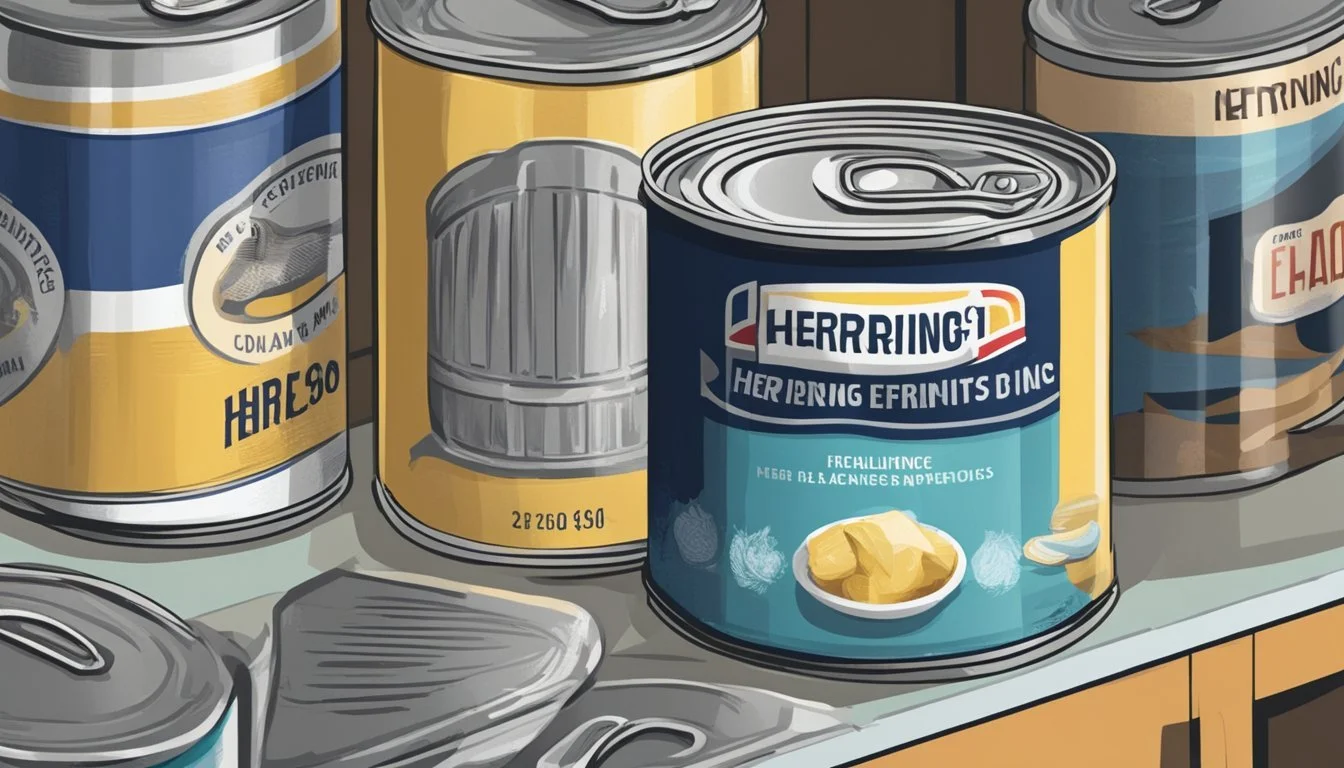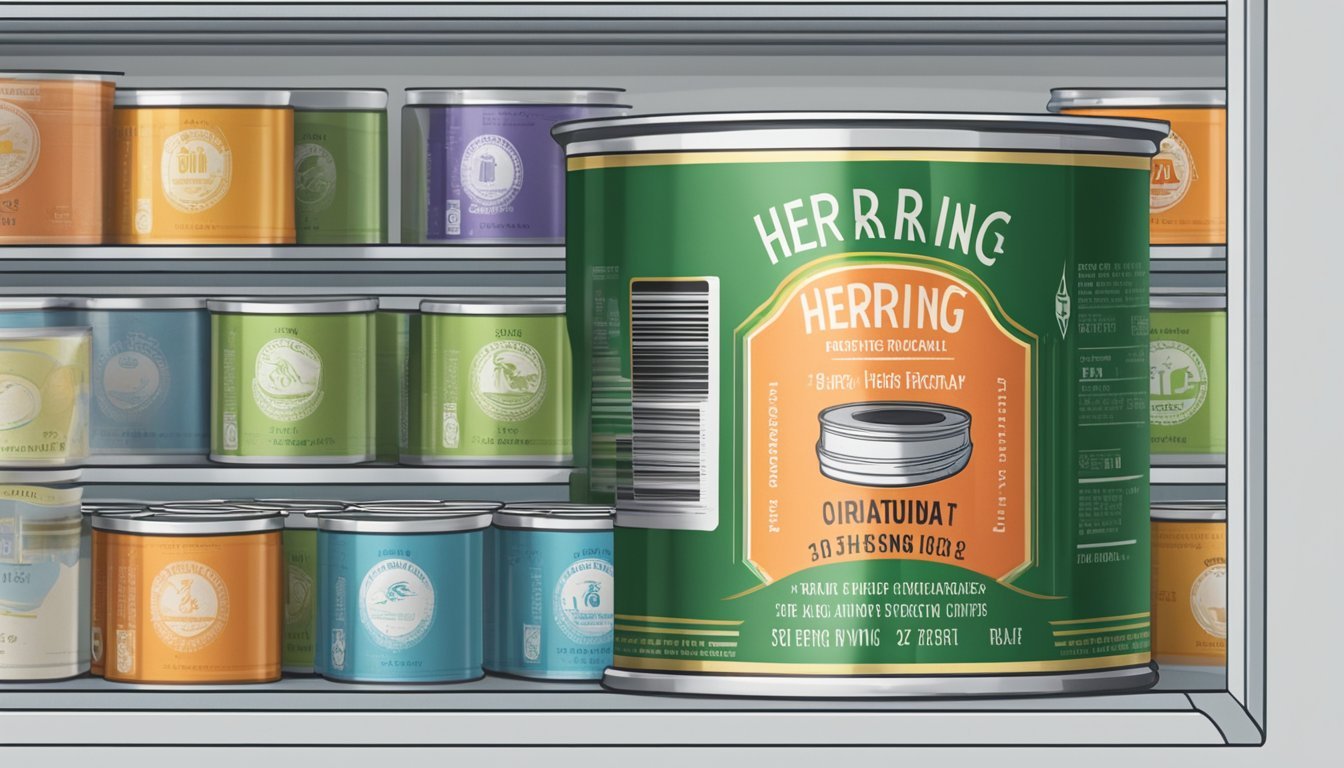Does Canned Herring Expire?
Understanding Shelf Life and Safety
Canned herring, like other canned foods, raises questions about its shelf life and safety. Unopened canned smoked herring can typically last for up to five years under optimal storage conditions. This long shelf life makes it a convenient pantry staple for many households.
While its longevity is impressive, it's important to note that the quality and flavor might diminish over time. Proper storage is crucial. Keeping the cans in a cool, dry place helps ensure that the herring remains safe to eat even after the expiration date.
Additionally, once the can is opened, the remaining herring should be stored in the refrigerator and consumed within a few days for best quality. This ensures that the delicious taste and texture are maintained, making it a reliable option for quick meals and snacks.
Understanding Canned Food Preservation
Canned foods have a long shelf life thanks to the process of canning which involves sealing food in airtight containers. The role of temperature in storage is crucial to maintaining the quality and safety of these products.
Basics of Canning Process
The canning process starts by placing food in a can and then sealing it with a vacuum seal to remove oxygen. The can is heated to kill any bacteria, yeast, or mold present. This heat treatment is essential for ensuring the food is safe to eat and has an extended shelf life.
Low-acid foods like canned meats require higher temperatures to ensure all harmful organisms are eradicated. High-acid foods, such as tomatoes, can be safely processed at lower temperatures due to their acidic nature which inhibits bacterial growth. This method effectively preserves the nutritional value and flavor of the food.
Role of Temperature in Canned Food Storage
Temperature plays a significant role in the storage of canned food. Storing canned goods at a consistent, cool temperature helps maintain their quality and safety. Ideally, canned food should be stored in a pantry or cupboard away from direct sunlight and heat sources.
Extreme temperatures can compromise the integrity of the vacuum seal. High temperatures can cause the can to expand and possibly break the seal. Conversely, freezing temperatures can cause the liquid inside to expand, potentially leading to can rupture. Maintaining a steady temperature is key to ensuring the longevity and safety of canned foods. Proper storage conditions contribute to the optimal shelf life of the product, keeping it safe and enjoyable to consume.
Identifying the Signs of Spoilage
Canned herring, like other canned goods, can spoil if not stored properly or if the packaging is compromised. There are both visible and non-visible indicators that can help determine if canned herring has gone bad.
Spotting Bulging, Dents, and Leaks
Visible signs of spoilage are among the first things to check. Bulging cans indicate gas production from bacterial activity, suggesting spoilage. Dents, especially on the seams, can also lead to contamination and should be avoided. Leaks can result from small punctures or weak spots in the can that compromise the seal. If the can is leaking any liquid, discard it immediately.
Regular inspection of canned goods can help ensure they stay in good condition. Store cans in a cool, dry place to minimize the risk of spoilage. If a can is found bulging, dented, or leaking, it is safer to discard it to prevent food poisoning, including the serious risk of botulism.
Detecting Spoilage Without Visible Signs
Sometimes, spoilage isn’t immediately visible. When opening canned herring, an off-odor is a strong indicator of bacterial growth. Discoloration of the fish inside the can is another sign that it has spoiled. The presence of any slimy texture on the herring suggests microbial activity, making it unsafe to eat.
Even if no external signs are present, any signs of fizzing or foaming upon opening indicate fermentation or contamination. Consuming such products can lead to severe health risks. It’s crucial to handle and discard spoiled canned herring safely, washing hands and surfaces thoroughly to prevent cross-contamination.



